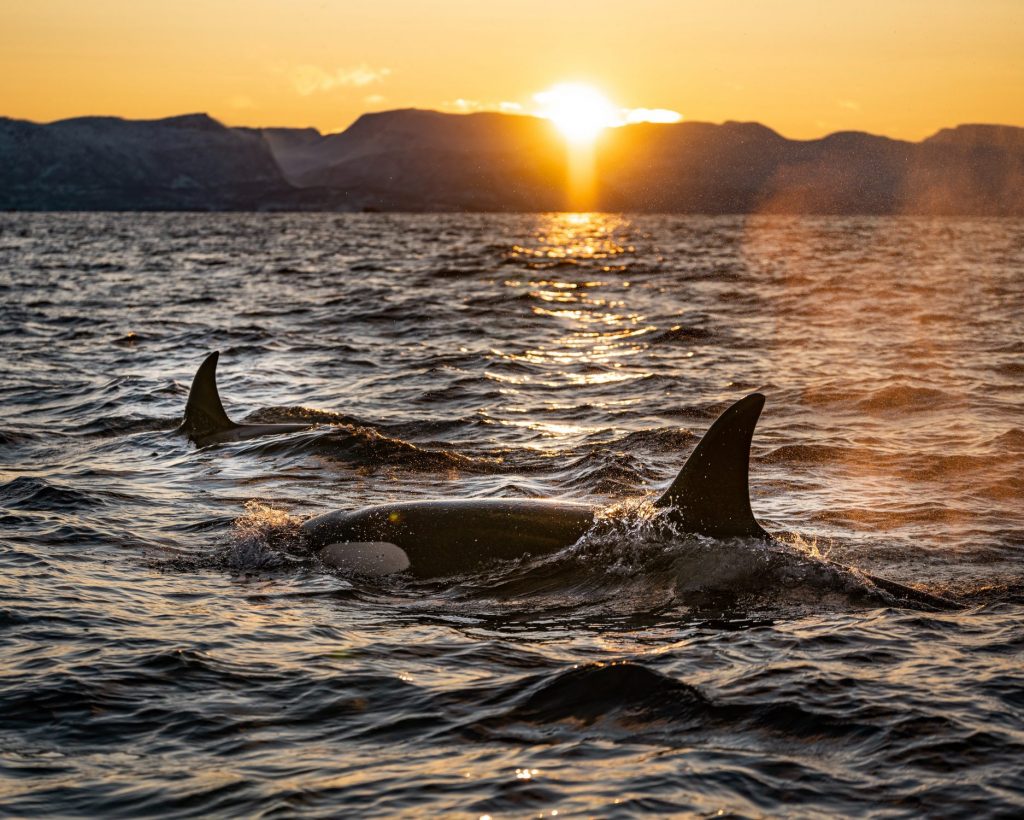It is wonderful news that the Australian humpback whale is off the endangered species list. This vindicates the work of all who fight for their preservation through direct action and political campaigning. It’s great to take a breath and celebrate a positive event in a world that otherwise has gone crazy.
In an article published by the ABC online, Federal Environment Minister Sussan Ley said the change followed advice she received from the independent Threatened Species Scientific Committee.
“It’s really encouraging to see a strong conservation story lead to a species actually coming off that list.”
Ms Ley said while the species has been delisted it is still given protection in Australian waters under the Environment Protection and Biodiversity Conservation (EPBC) Act, thanks to its classification as a migratory species and a cetacean.
“This status makes it an offence to kill, injure, take, trade, keep, move or interfere with a humpback.”

However, we cannot rest too long: the battle to save many other species of whale, such as the minke and southern right whales, and the habitat of all marine mammals, goes on. The ocean environment is still under threat from over-fishing, plastic pollution, global warming, chemical toxicity and particularly for cetaceans, net entanglement.
Last month we published an article in Coastbeat about whale diet and the threat to whale survival due to an 80% reduction in the numbers of Antarctic krill, in the last 30 years. Our concern is shared by marine scientist Vanessa Pirotta from Macquarie University
“Climate change is a really big one because this influences where these animals might go, where prey distributions are and unfortunately, a reduction in sea ice means a reduction in Antarctic krill habitat which is one of the primary food sources of these humpback whale populations.
Ms Pirotta’s concerns are shared by conservation groups who regard the de-listing of the humpback as premature. Among them is Humane Society International’s campaign lead Nicola Beynon, who warns that the delisting is short-sighted, due to the huge threat posed by climate change.
In the same article by the ABC Ms Beynon said, “The recovery of humpback whales that migrate up and down the coast of Australia is definitely something to celebrate.”
“And the Australian government has played a leadership role in that recovery, so we understand why the government wants to celebrate, but we are concerned that the celebrations could be short lived.”
She argues that the wording of the endangered species legislation is too black and white when applied to something as complex as environment and global warming.
“Humpback whales are facing the next threat…which is climate change, and the predictions are that humpback whale recovery will slow and go into reverse.”
Ms Beynon warns there could be steep declines in the population by the end of the century.
“One step forward, two steps back.”
With an Australian election looming, it is so important to continue to fight for the protection and preservation of other whale species, as well as remaining vigilant for our humpbacks. Without whales the ocean environments will die. Without healthy oceans human survival is unlikely.
This article is being written from a desk in northern NSW, in between mopping out a flooded basement. Just two suburbs away multiple friends have lost homes in what is being called a ‘once in 500 years catastrophic flood’. But it will not be in another 500 years that we experience the next flood, fire or storm – it will be next year, next month, now.
“Climate change is happening now.”
Thank you to anyone who has donated to environmental campaigns to protect the humpback whale, like the Gowings Whale Trust beneficiary, Sea Shepherd. The success of the humpback preservation campaign offers hope for the ongoing battle to save other threatened species, world-wide. Let’s use this success as sign that we can be effective, and push on.
Stay safe.
You can donate to the Gowings Whale Trust at Coastbeat Marketplace. 100% of profits are returned to the Trust.